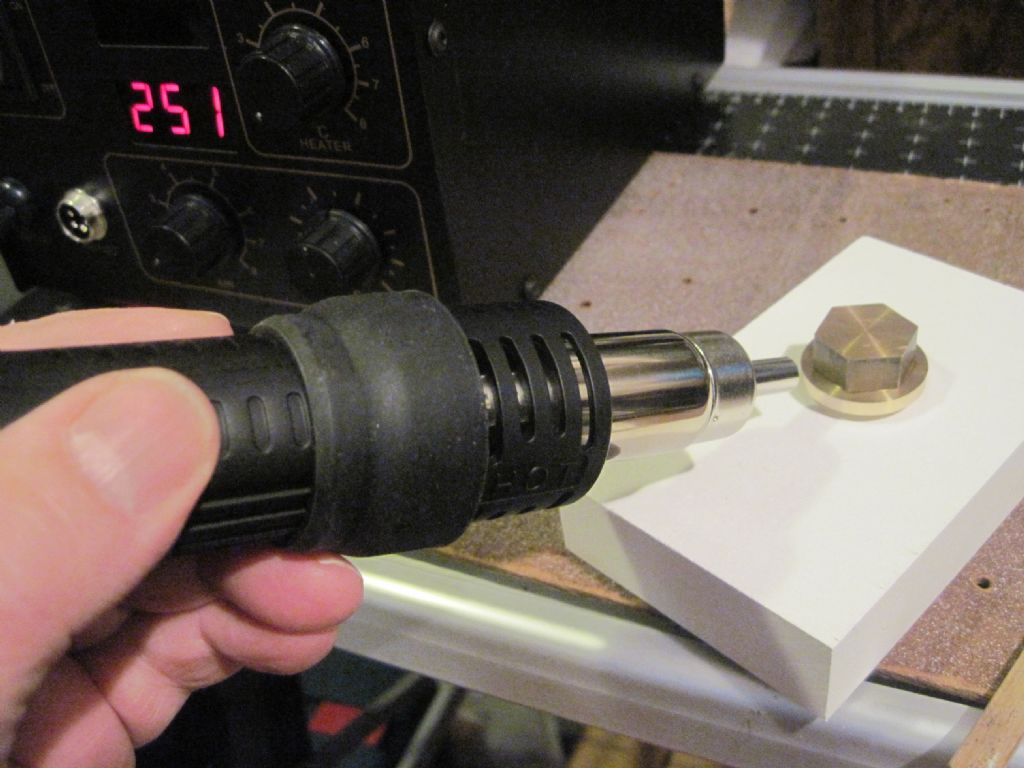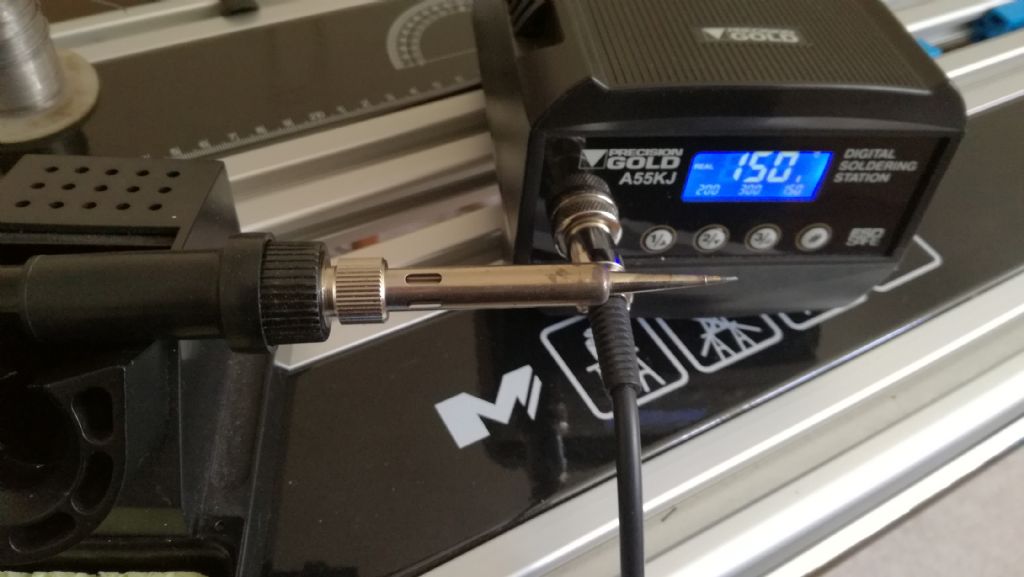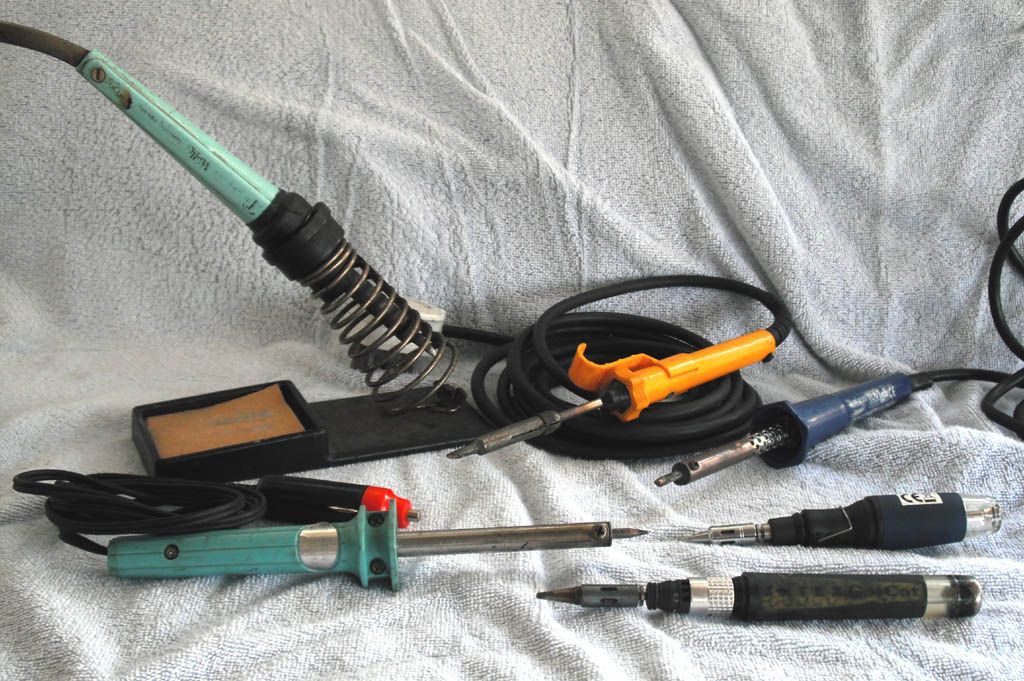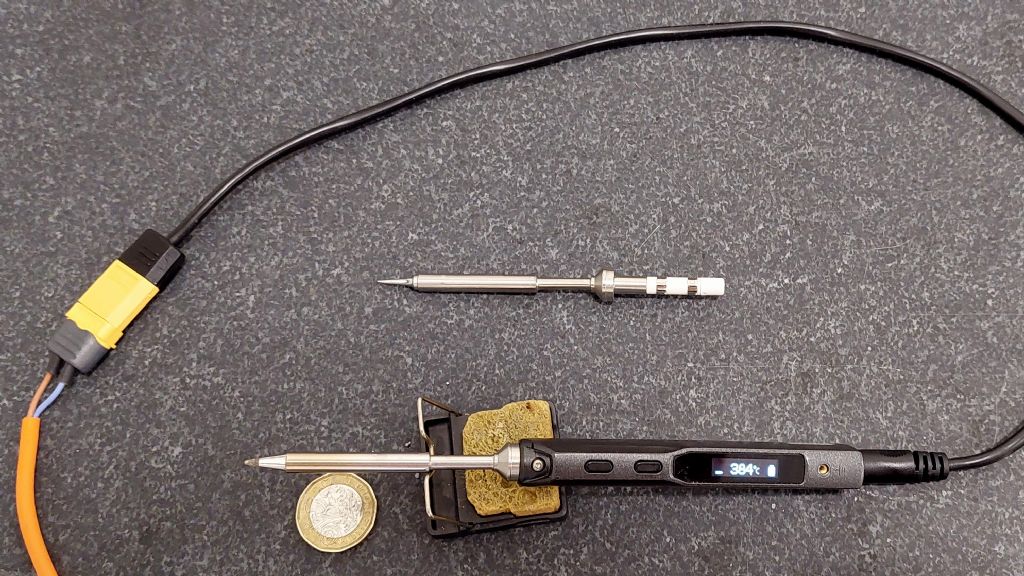you have opened a real can of worms, having played around electronics for more years than I want to remember, my advice would be a cheap Chinese temp controlled iron. I recently bought one from Amazon, just be aware prices can vary wildly for the same item, even on Amazon. A lot are the same item with different name, go for the cheapest.
mine cost about £25 ( I could have paid £60+ for the same solder station and that was on Amazon)
If you are happy to wait a week for delivery then Banggood, Aliexpress etc are worth looking at, I have used Banggood for both cheap and expensive items, recent purchases are Digital scope, 3D printer, plus some very cheap electronic bits. If they have the item in the UK warehouse, delivery is a couple of days tops, recent Chinese warehouse purchase took about 6 days.
Even though I do a lot of electronics, I would not consider paying silly prices, As for teperature accuracy, I have found mine to underestimate slightly but was easily adjusted. My normal temperature would be 380-390 going up to 420 if the extra heat needed (they will go higher) for certain tasks i.e tinning enamelled copper wire.
Some will probably point you to Antex and other premium makes, my advice is ignore that advice. The Chinese stuff is far better bang for buck, Yes! I have had Antex and Weller and would still go for the cheap Chinese.
What you now do with the advice is up to you, the choice is enormous and bewildering if you are not sure exactly what you want.
Once you are into electronics and once you have had time to use the cheap end, you may want to go further with SMD components and go for an all singing all dancing solder station with hot air /desoldering options for a lot more money but at this stage a cheap temp controlled iron will do you for the next few years.
 John Doe 2.
John Doe 2.







